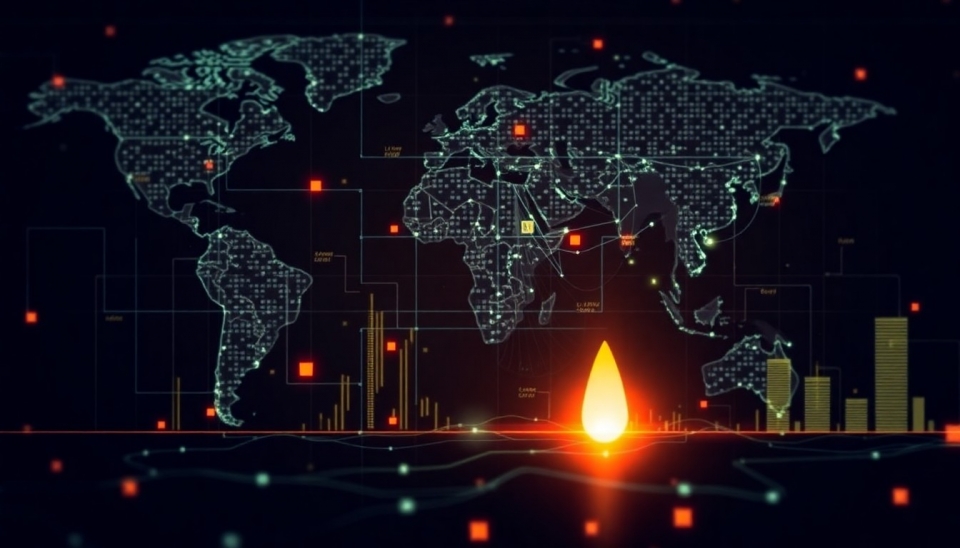
In an age where technology is reshaping industries, the oil trading sector is entering a new frontier powered by artificial intelligence (AI). The CEO of Vitol, one of the largest independent oil trading firms globally, has emphasized the pivotal role AI will play in driving competitiveness within this market. As firms vie for an edge in trading, a modern-day arms race for AI technology has begun.
At a recent industry conference, Vitol's CEO elaborated on how AI is not merely an auxiliary tool but an evolving cornerstone of strategic trading operations. With traditional methods struggling to keep pace with the complexities of global oil markets, firms that leverage AI technologies effectively will likely emerge as leaders in the field.
The implications of this AI-driven evolution are vast. By employing machine learning algorithms, trading companies can analyze market data at speeds and accuracies far beyond human capability. This data-driven approach also allows for better forecasting of market trends, pricing strategies, and even risk management. For Vitol and its competitors, implementing AI could mean the difference between losses and gains in an increasingly volatile market.
Many firms are already investing heavily in these technologies, indicating a shift toward a more automated and analytical approach to trading. The pressure to innovate is fierce, as companies that fail to adopt these AI tools risk falling behind. Notably, Vitol is not alone in recognizing the importance of these advancements; other trading houses are gearing up to integrate sophisticated algorithms designed to seize market opportunities in real-time.
Moreover, the competitive landscape is also seeing new players emerge, particularly tech companies looking to break into oil trading. With platforms that offer real-time analytics and predictive modeling, these tech firms could disrupt traditional trading models while presenting challenges for established oil trading giants.
The prospect of AI in oil trading raises critical questions about market integrity and the future of human oversight. While AI can enhance efficiency and decision-making, reliance on machines for trading activities comes with inherent risks, including the potential for unforeseen market behavior driven by algorithmic decisions. As the technology becomes more pervasive, regulators will likely need to adapt their frameworks to ensure market fairness and transparency.
In conclusion, the integration of AI into oil trading is more than a trend; it's an essential evolution that could redefine the entire landscape of energy markets. As firms like Vitol lead the charge, the industry must brace for a future where technological prowess is equally as crucial as market experience.
As the race intensifies, stakeholders and investors alike will be watching closely to see which companies harness the power of AI most effectively. The coming years will reveal the winners in this new technological arms race.
#OilTrading #ArtificialIntelligence #AIEvolution #MarketTrends #TradingTechnology #EnergySector #Vitol #Innovation #FutureOfTrading
Author: Liam Carter




